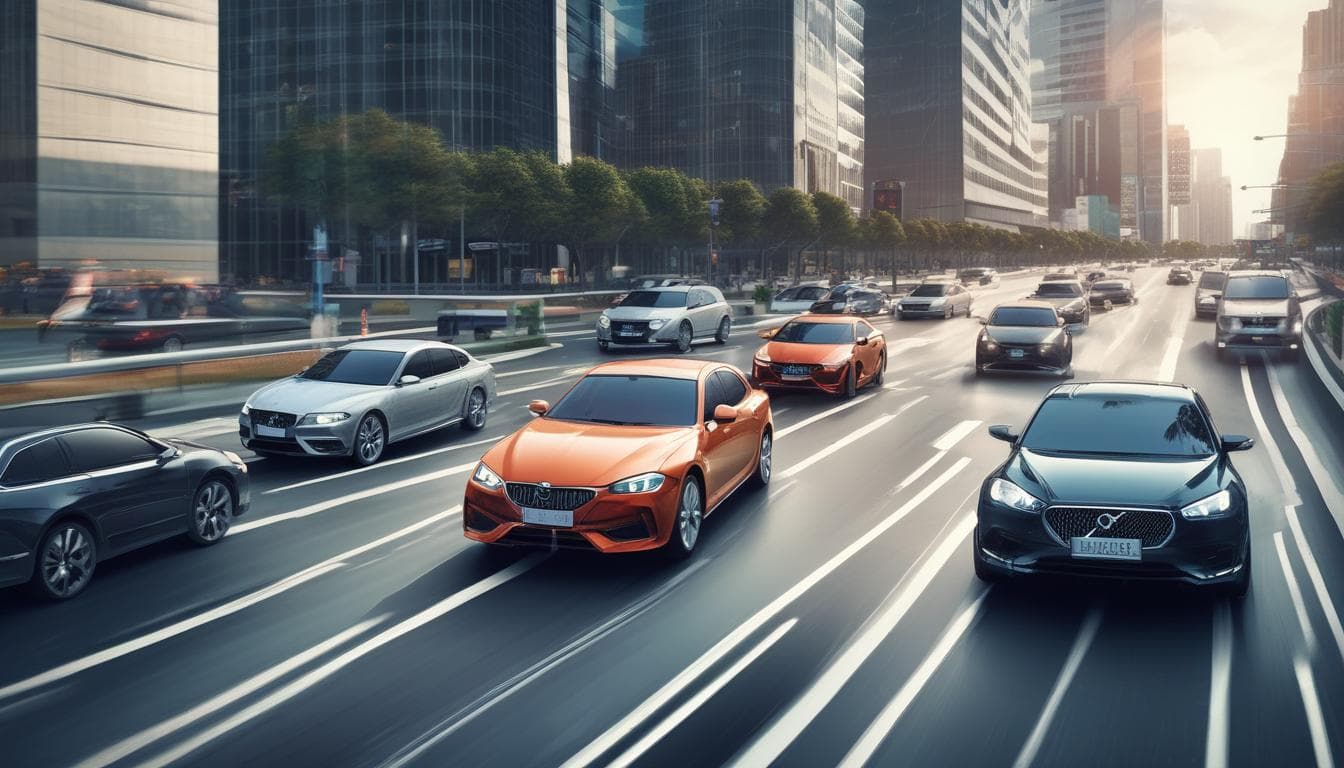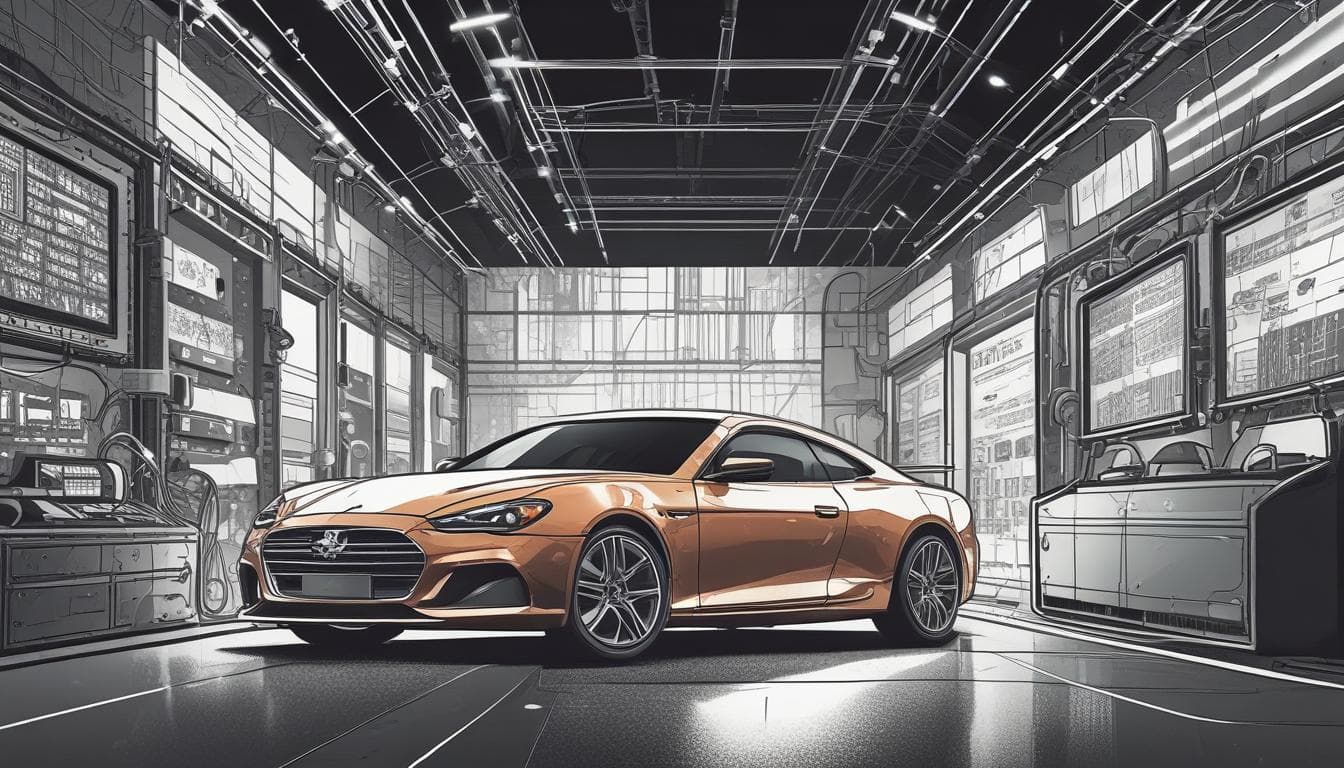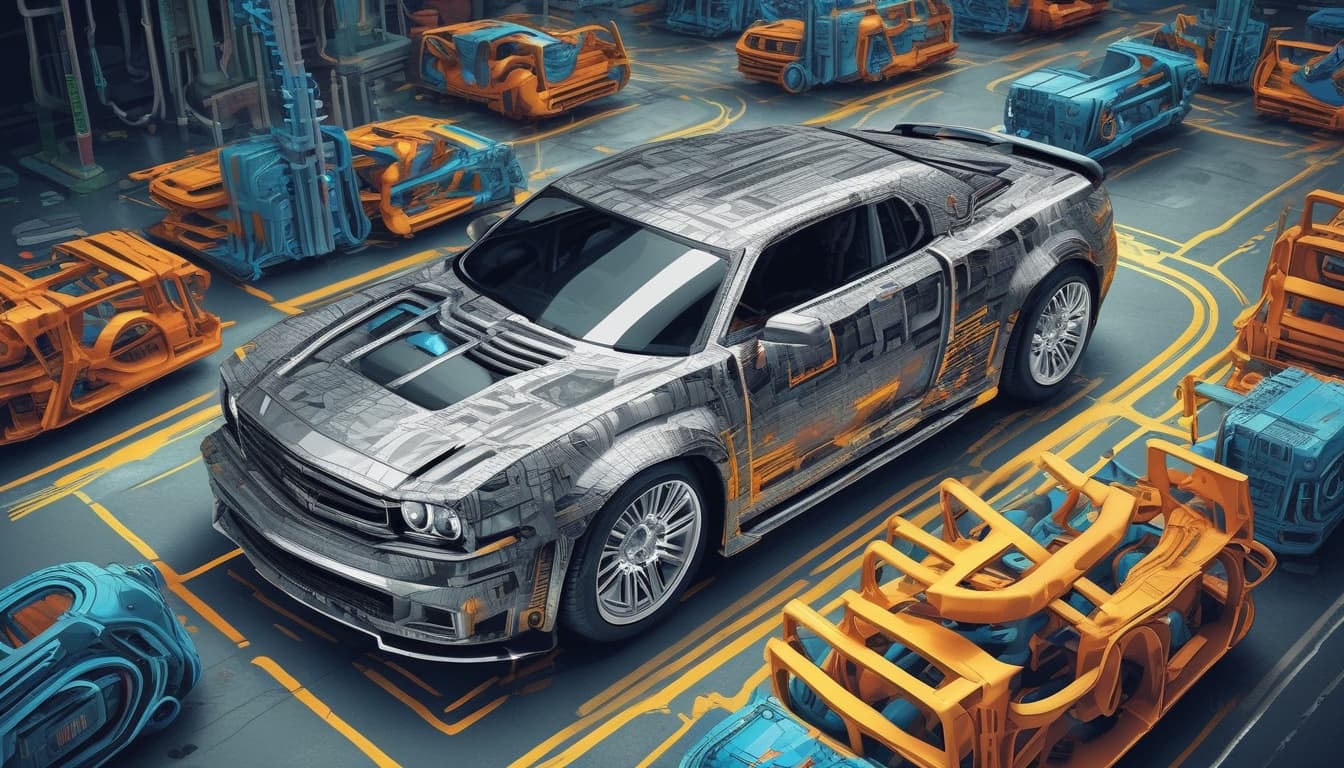With the automotive industry rapidly embracing software-defined vehicles and AI-driven features, the lifespan of a car might drastically change. Instead of traditional longevity, will future vehicles be designed for shorter, smartphone-like lifecycles, encouraging frequent upgrades and disposability? Or will there be a significant shift towards hyper-modular designs, emphasizing repairability, component upgradability, and a circular economy approach to combat planned obsolescence and promote sustainability? How do you think manufacturers, regulatory bodies, and consumer demand will influence this critical balance between innovation and durability?
The evolving landscape of automotive technology suggests a fascinating dichotomy between rapid software-driven updates and the push for sustainable, repairable designs. On one hand, the shift towards software-defined vehicles powered by AI features could indeed promote shorter lifecycle paradigms, akin to smartphones, where frequent upgrades become standard. This approach can accelerate innovation but raises concerns about environmental impact and long-term cost of ownership.
Conversely, there's a growing movement advocating for hyper-modular architectures that prioritize repairability and component upgradability, aligning with the principles of a circular economy to reduce waste and planned obsolescence. This could entail designing vehicles with easily replaceable parts, software updates that extend hardware life, and systems that encourage longevity. Regulatory bodies and consumer demand will play pivotal roles here—regulations promoting durability and recycling, coupled with consumer preferences for sustainability, are likely to steer manufacturers toward more balanced, enduring solutions.
Furthermore, innovation in areas like the digital twin revolution could facilitate predictive maintenance and lifecycle management, supporting longevity even in highly integrated systems. Ultimately, the future may involve a hybrid model where core hardware remains durable and upgradeable, while software and features evolve rapidly, providing both innovation and sustainability.
Bu Konu Hakkında Daha Fazla Keşfedin
Sohbete Katılın
- Kişiselleştirilmiş Araç İçi Deneyimlerin Geleceği
Otomotiv endüstrisinin geleceğinde, kişiselleştirilmiş araç içi deneyimler sürücüsüz araçlarla nasıl birleşecek? Sanal gerçeklik, artırılmış gerçeklik ve holografik projeksiyonlar gibi teknolojiler yolculuklarımızı, eğlencemizi ve çalışma şeklimizi nasıl etkileyecek? Bu heyecan verici olasılıkları keşfedin.
- Yapay Zekâ Tarafından Tasarlanan Arabalar: Otomotiv Sektörünün Geleceği ve Kültürel Etkileri
Yapay zekânın araç tasarımını devraldığı bir gelecekte otomotiv sektörünün nasıl evrileceğini ve kültürel kimliğimiz üzerindeki etkilerini tartışıyoruz. Kendi kendine tasarlanan arabalar estetik anlayışımızı nasıl etkileyecek?
- Yapay Zekâ ile Otomobillerimiz Duygusal Bağ Kurabilir mi?
Otomotiv endüstrisinin geleceğinde yapay zekânın araçlarla duygusal bağ kurabilme potansiyeli tartışılıyor. Ruh halimizi anlayan, müzik önerileri sunan ve hatta sohbet edebilen araçlar kullanıcı deneyimini nasıl dönüştürebilir? Bu teknolojinin faydaları ve dezavantajları nelerdir?





